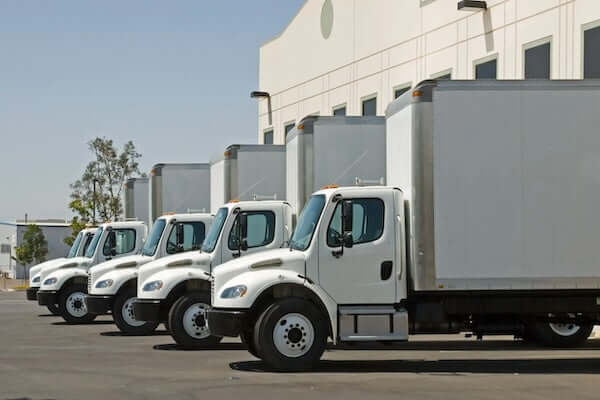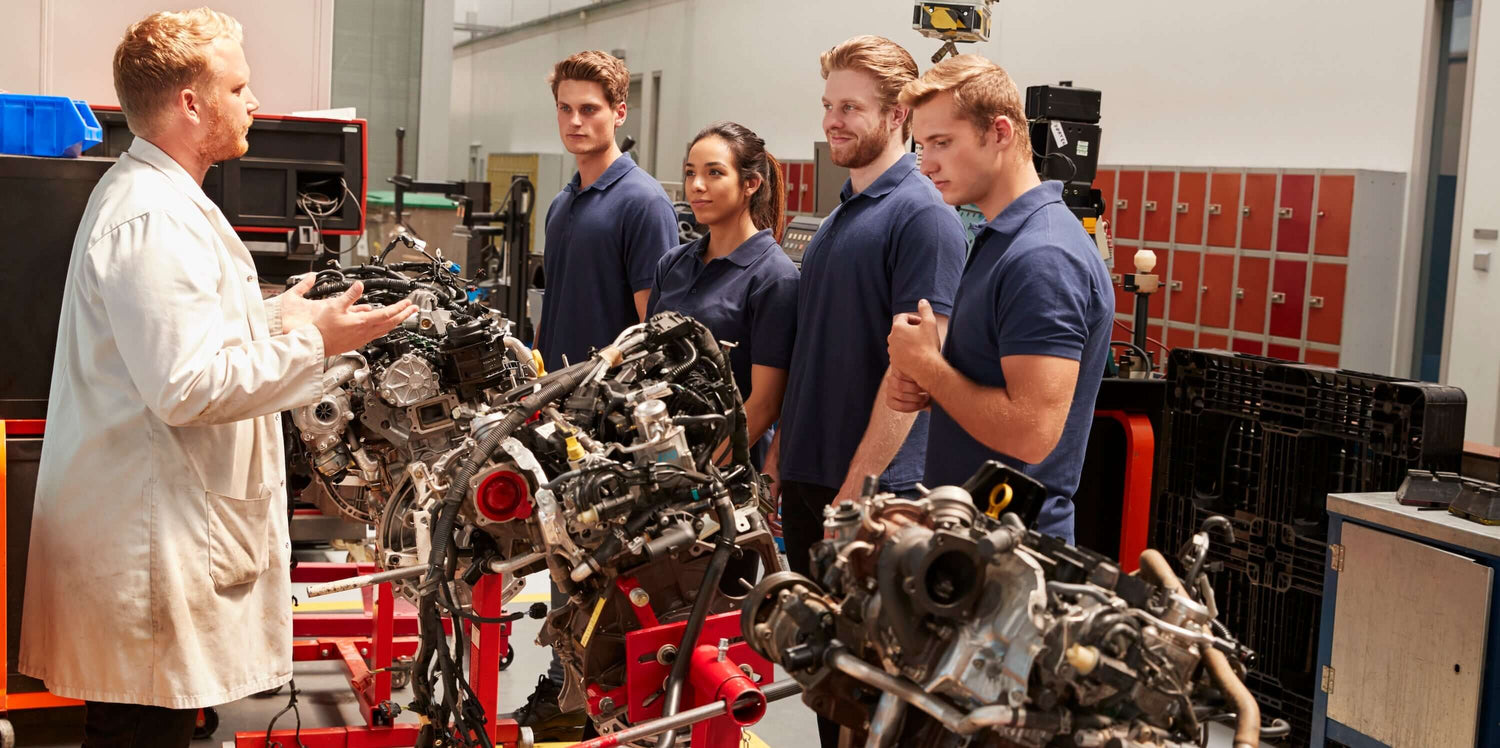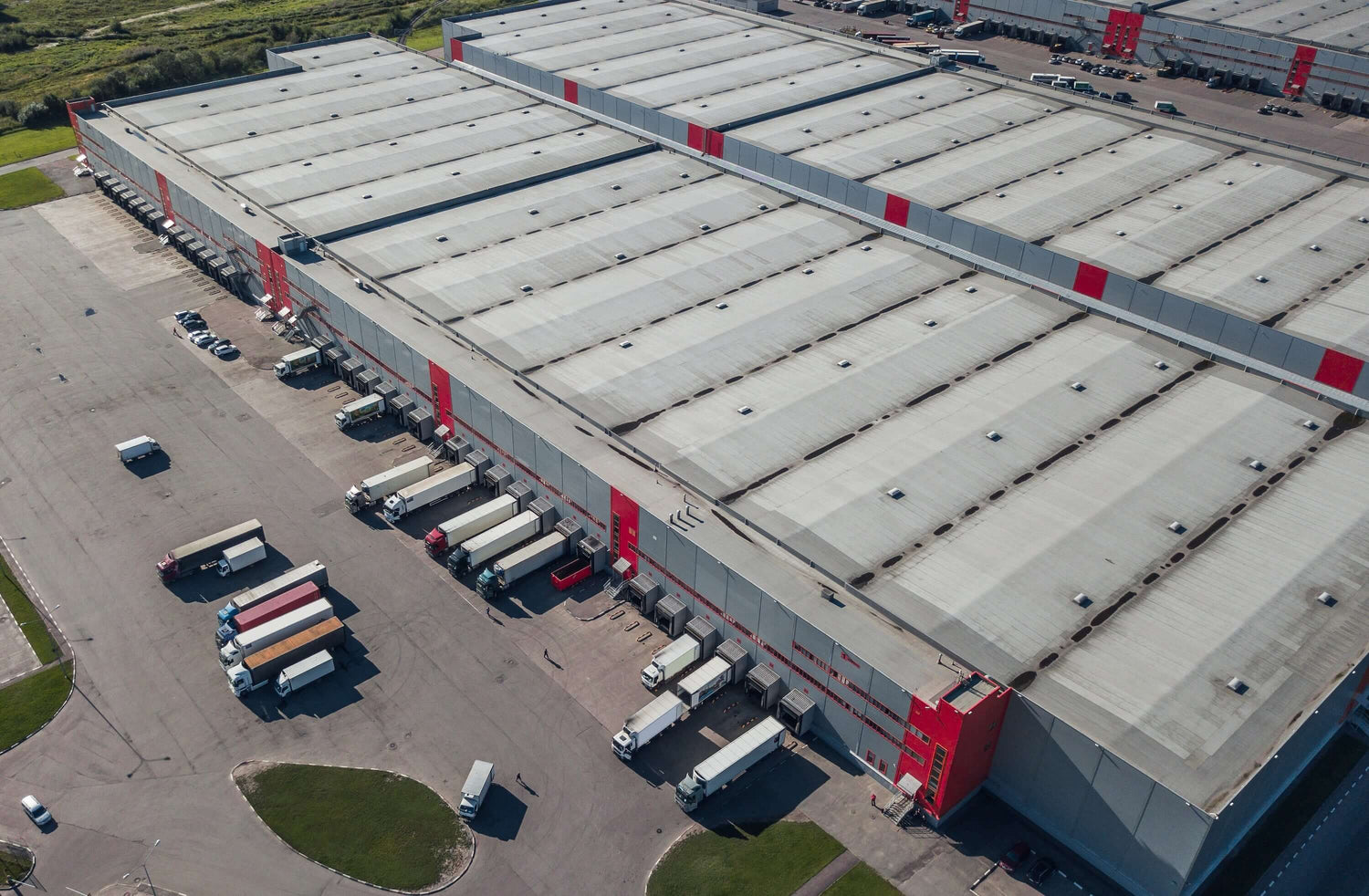If you’re thinking about replacing your car’s engine, one of the first questions that likely comes to mind is: “Is an engine swap legal, and will it pass emissions testing?” It’s a smart question—and one of the most frequently searched by DIY mechanics, car enthusiasts, and anyone looking to breathe new life into their vehicle. In this guide, we’ll walk through everything you need to know about the legality of engine swaps, emissions compliance, and how to stay on the right side of the law while upgrading your powertrain.
The short answer is: yes, engine swaps can be legal if they follow the proper rules. The long answer depends on your location, the type of engine you’re installing, and how the swap is performed. Let’s break it down.
Understand the basic engine swap laws
In the United States, there is no universal federal law that outright bans engine swaps. However, emissions compliance is regulated by the Environmental Protection Agency (EPA) and enforced at the state level, especially in states like California, New York, and others that follow California Air Resources Board (CARB) guidelines.

Generally, to be legal on public roads:
-
The replacement engine must be from the same year or newer than the vehicle it’s being installed in.
-
The engine must come from a vehicle that is certified to meet the same or stricter emissions standards.
-
All of the emissions-related equipment (like catalytic converters, oxygen sensors, and the ECU) must be installed and fully functional.
If your vehicle ends up cleaner or meets the same emissions output as it did from the factory, you're more likely to pass inspection.
Do all engine swaps require emissions testing?
Yes—if your state requires emissions testing for your vehicle class. Some states, like California, have very strict smog laws, including a "BAR referee" process to certify modified vehicles. Others are more lenient, especially if the vehicle is registered for off-road or track use only.
Before starting your engine swap, check your state’s DMV or emissions regulatory website. Some states have exemptions for older cars, classic vehicles, or vehicles under a certain weight or mileage.

What about VIN and registration updates?
If your new engine has a different serial number or came from a different manufacturer, you may need to update your vehicle's registration paperwork. This ensures that your VIN records match your car’s new mechanical setup. Failure to do this could result in problems during resale, inspections, or insurance claims.
Choosing a road-legal replacement engine
Here’s where working with a trusted supplier really matters. At Power Engines, all engines sold on our website are road legal and meet or exceed federal emissions standards. Whether you’re buying a new crate engine or a remanufactured long block, every Power Engines product is designed for compliance and performance.
We take the guesswork out of your swap by offering emissions-compliant engines that include proper documentation and compatibility notes. Our technical team can help guide you to the best choice for your vehicle’s make, model, and year—ensuring you stay street legal and inspection-ready.
Tips to ensure your engine swap passes emissions
-
Retain the original ECU or install one that’s compatible with emissions systems.
-
Don’t remove or bypass any emissions control equipment.
-
Keep your stock catalytic converter (or a compliant aftermarket unit).
-
Make sure all oxygen sensors are connected and operational.
-
After the swap, have the vehicle scanned for codes and verified for readiness monitors before scheduling a smog test.
What about performance engines?
You can still boost performance without breaking the law. Many modern performance engines are designed with high-output capabilities and emissions compliance in mind. At Power Engines, we carry performance-built engines that are both powerful and street legal—perfect for tuners, restorers, and muscle car enthusiasts who care about both horsepower and responsibility.

So, is an engine swap legal, and will it pass emissions? Absolutely—if it’s done right. Staying compliant isn’t just about avoiding fines or inspection failures; it’s about protecting your investment and making sure your build lasts for years to come.
When you shop with Power Engines, you’re not just getting a new powerplant—you’re getting peace of mind. Every engine we sell is road legal, emissions-compliant, and backed by expert support to make your engine swap smooth, safe, and successful. Browse our catalog today and get ready to upgrade your ride with confidence.





